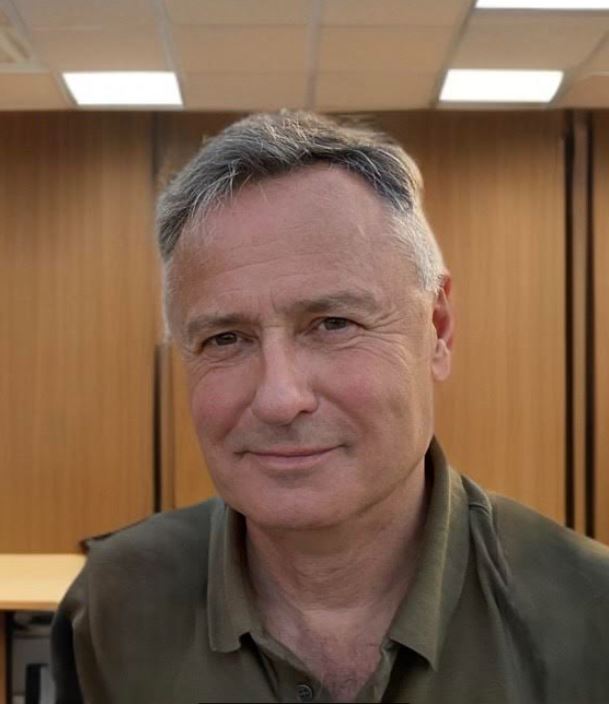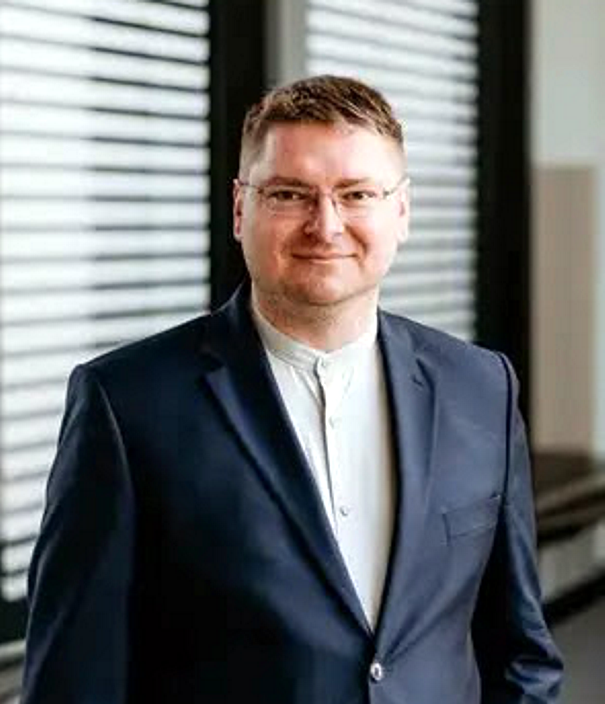Professor Henryk Paul is a recognized expert in physical metallurgy and materials science. Since 2005, he has headed the Plastic Deformation Laboratory at the Institute of Metallurgy and Materials Science of the Polish Academy of Sciences in Kraków.
His research focuses on the crystallographic aspects of plastic deformation and recrystallization in metals, severe plastic deformation (SPD) techniques, crystallographic textures, and advanced electron microscopy (TEM, SEM) applied in material characterization.
He is the author or co-author of over 210 peer-reviewed publications, cited more than 400 times (h-index: 14), with contributions published in high-impact journals such as Acta Materialia, Metallurgical and Materials Transactions A, Materials Characterization, and Ultramicroscopy.
His major scientific achievements include:
- detailed microstructural and phase investigations of explosive-welded joints (e.g., Al/Cu, steel/Zr),
- pioneering work on recrystallization phenomena in ultrafine-grained (UFG) materials,
- analysis of the role of low-angle grain boundaries in microstructural transformations in aluminum alloys,
- development of crystallographic models describing texture evolution and inhomogeneous plastic flow in FCC metals after severe deformation.
Prof. Paul has led numerous research projects funded by the Polish National Science Centre (OPUS, HARMONIA) and has participated in several international programs, including POLONIUM, the 7th EU Framework Programme, and bilateral collaborations with ENSM Saint-Étienne and Université Paris-Sud (France).
He has supervised multiple PhD and MSc theses and serves as a peer reviewer for top-tier scientific journals. His teaching experience includes invited lectures at Ecole des Mines de Saint-Étienne, the University of Zielona Góra, and the Opole University of Technology.
He is a recipient of the prestigious Bohdan Ciszewski Scientific Award of the Polish Academy of Sciences, a holder of international research fellowships (e.g., in France), and has received multiple Rector’s Awards. Prof. Paul is an active member of several scientific societies, including the Polish Materials Science Society, the Polish Microscopy Society, and serves on editorial and scientific advisory boards of journals and research institutions.
Dr. Grzegorz Korpala is a senior researcher and Deputy Group Leader in the Hot Forming Simulation Group at the Institute of Metal Forming, TU Bergakademie Freiberg, as well as Co‑Founder & CTO at MiViA GmbH.
His work spans experimental and numerical modeling of hot and warm metal forming processes, with a strong focus on microstructure–property relationships and in-situ process simulation. He has authored over 70 publications, with more than 400 citations, and is recognized for his contributions to AI-driven microstructure analysis tools and modeling methods for bainitic and pipeline steels (e.g., Metals, Materials Characterization).
In 2021, Dr. Korpala co-founded MiViA GmbH, a spin-off that develops AI-powered metallographic software, supported by ∼€1 million in public funding. Under his leadership as CTO, MiViA released version 1.0 in 2023, offering fast, objective microstructure analysis (grain size, retained austenite detection) and attracting prominent steel industry partners. His work bridges academic research and industrial innovation in digital material characterization.
Dr. Korpala also contributes to the scientific community as a peer reviewer and project partner in EU and DFG-funded collaborations. He holds advanced engineering degrees (TU Bergakademie Freiberg, AGH Kraków) and has enriched his expertise through international research stays. His experience uniquely combines metallurgical insight with AI and FEM capabilities, making him a leading voice in smart materials engineering.

